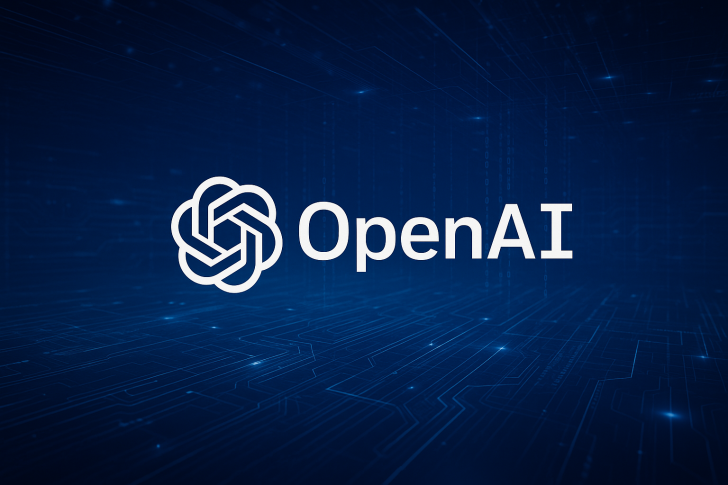What started as an experimental coding assistant has transformed into the backbone of OpenAI's engineering operations. Codex, the company's AI-powered development tool, now plays a central role in nearly every aspect of the software creation process.
Codex Usage Skyrockets Among Developers
According to trader Peter Gostev, who shared insights from a recent OpenAI event, adoption numbers tell a compelling story. Just months ago, half of the company's technical staff used Codex regularly.
Today, that figure has jumped to 92% daily usage. A presentation slide from the event revealed three key metrics: 92% of technical staff rely on Codex every day, engineers using the tool submit 70% more pull requests weekly, and every single PR now goes through Codex-assisted review. These aren't marginal improvements - they show Codex has become fundamental to how OpenAI builds software.
Why Codex Matters for AI Development
The tool does more than autocomplete code. It automates tedious tasks that drain developer time, spots potential bugs before they reach production, accelerates code review cycles, and keeps standards consistent across sprawling codebases. The result is faster iteration and more stable releases.
Broader Implications for the Tech Industry
OpenAI's internal results could push other companies to take AI coding tools more seriously. With GitHub Copilot and various enterprise solutions already gaining traction, Codex demonstrates what's possible when AI assistance moves from nice-to-have to mission-critical.
 Peter Smith
Peter Smith

 Peter Smith
Peter Smith


